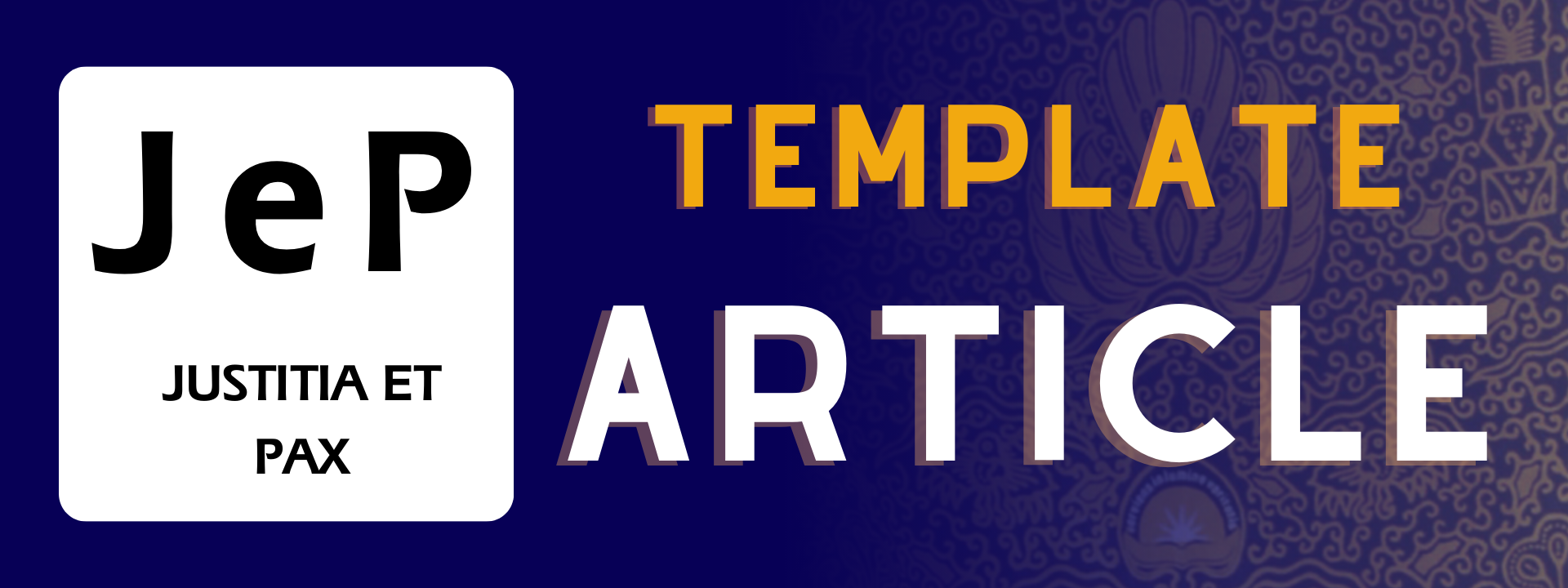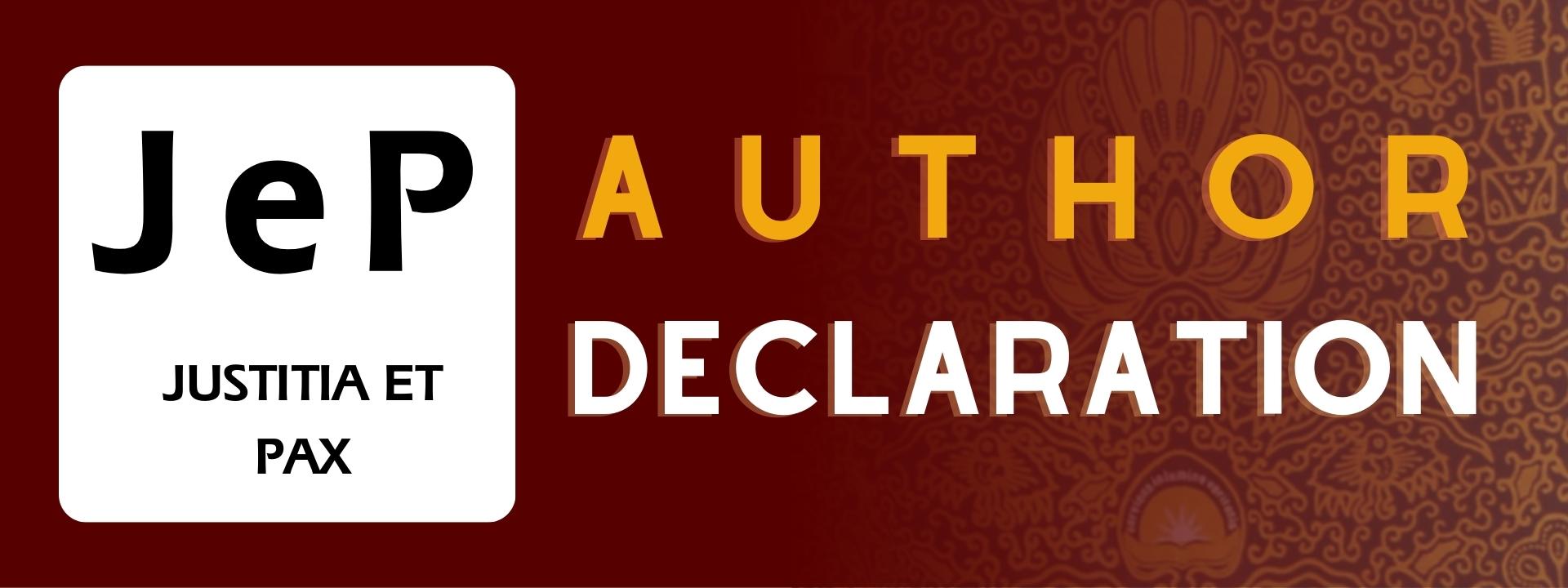KIPRAH LEMBAGA MANAJEMEN KOLEKTIF NASIONAL BAGI PENCIPTA DAN PELAKU MUSIK DI INDONESIA
DOI:
https://doi.org/10.24002/jep.v32i2.1349Abstract
ABSTRACT
Revision on Copyright Law Year 2014 established the National Collective Management Societies. The previous Law did not provide Collective Management Societies (CMO) thus, collecting royalties became problems between CMO and users. On the other side of the coin, users such as restaurant, hotel, karaoke, was unconvinient because of the collect of royalty by more than one CMO. Through this new legislation, the CMO
regulation becomes more clearly but it is still having problem, such as, first, the position of National CMO in its relationship with CMO in collecting and distribute royalty. And, second, how royalty collecting meet user’s fairness.
Keywords: Collective Society, Copyright, Neighboring Right.
INTISARI
Perubahan dalam UUHC Tahun 2014 salah satunya adalah amanat pembentukan Lembaga Manajemen Kolektif (LMK) dan Lembaga Manajemen Kolektif Nasional (LMKN). Sebelum berlakunya undang-undang ini, peran LMK sebagai lembaga dalam pengelolaan Royalti seringkali dipertanyakan. Di sisi lain, Pengguna seperti restoran, hotel, karaoke, sering dirugikan dengan adanya penarikan berkali-kali yang dilakukan oleh LMK. Melalui UUHC Tahun 2014, keberadaannya menjadi lebih tegas namun tidak luput dari masalah yang dihadapi, antara lain mengenai kedudukan LMKN sebagai pengelola Royalti Hak Cipta dan Hak Terkait lagu dan/ atau musik; dan mengenai penarikan Royalti Hak Cipta dan Hak Terkait lagu dan/ atau musik yang adil bagi pengusaha Pengguna.
Kata Kunci: LMK, Hak Cipta, Hak Terkait
Downloads
Published
Issue
Section
License
Authors who publish with this journal agree to the following terms:
- Authors retain copyright and grant the journal right of first publication with the work simultaneously licensed under a Creative Commons Attribution License that allows others to share the work with an acknowledgement of the work's authorship and initial publication in this journal.
- Authors are able to enter into separate, additional contractual arrangements for the non-exclusive distribution of the journal's published version of the work (e.g., post it to an institutional repository or publish it in a book), with an acknowledgement of its initial publication in this journal.
- Authors are permitted and encouraged to post their work online (e.g., in institutional repositories or on their website) prior to and during the submission process, as it can lead to productive exchanges, as well as earlier and greater citation of published work (See The Effect of Open Access).

This work is licensed under a Creative Commons Attribution-NonCommercial-ShareAlike 4.0 International License.




















